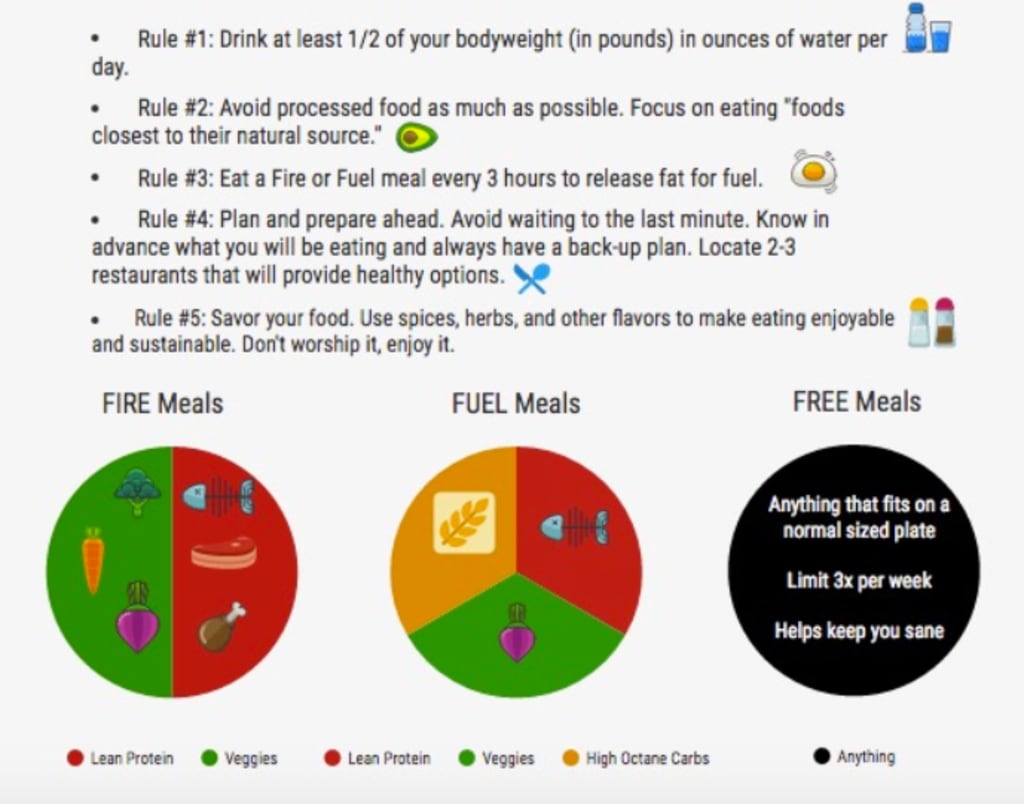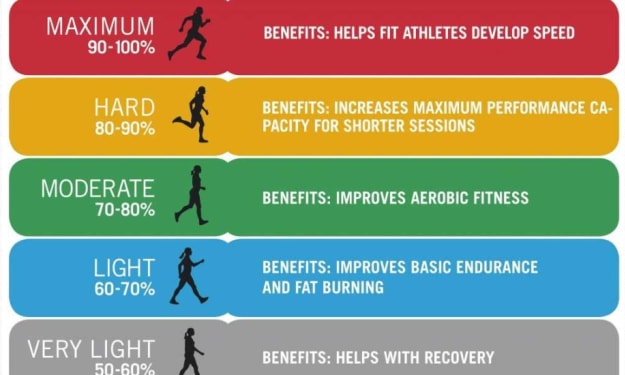Why can it be difficult to have a healthy diet?
Why is it important to maintain a healthy diet?

## Why Can It Be Difficult to Have a Healthy Diet?
In today’s world, maintaining a healthy diet can feel like navigating a minefield. Despite the abundance of information on nutritious eating and the proliferation of dietary guidelines, many people struggle to eat healthily consistently. Let’s delve into the reasons why sticking to a healthy diet can be so challenging.
### 1. The Ubiquity of Processed Foods
Modern diets are inundated with highly processed foods. These are often high in sugar, unhealthy fats, and sodium while being low in essential nutrients. The convenience of processed foods, combined with their addictive taste, makes them hard to resist. From busy professionals grabbing a quick snack to families opting for easy-to-prepare meals, processed foods are a staple in many households. The high availability and aggressive marketing of these foods can overshadow healthier options.
### 2. Confusing Nutritional Information
The ever-changing landscape of dietary advice can be overwhelming. One day, fats are the enemy; the next, they’re essential. Carbohydrates go from being a staple to a villain in a matter of months. This constantly shifting advice can lead to confusion and frustration. The plethora of diets—keto, paleo, vegan, Mediterranean—each with its own set of rules and restrictions, adds to the bewilderment, making it challenging to choose a sustainable and balanced approach.
### 3. Emotional Eating
Food is often intertwined with emotions. Many people turn to food for comfort during stressful or emotional times. This can lead to unhealthy eating patterns, such as overeating or choosing high-calorie, low-nutrient foods for immediate gratification. Emotional eating can create a cycle where negative feelings lead to poor dietary choices, which in turn can lead to more negative emotions.
### 4. Time Constraints
In a fast-paced world, time is a precious commodity. Preparing healthy meals from scratch requires planning, shopping, and cooking, which can be daunting for those with busy schedules. Fast food and ready-to-eat meals offer a quick solution, but often at the expense of nutrition. For many, the perceived convenience of unhealthy options trumps the effort needed to prepare healthier alternatives.
### 5. Economic Barriers
Healthy eating can be expensive. Fresh produce, lean meats, and whole foods often come with a higher price tag than processed foods. For families on a tight budget, stretching their food dollars means opting for cheaper, less nutritious options. Additionally, food deserts—areas with limited access to affordable, nutritious food—compound this problem, making it harder for many to adhere to a healthy diet.
### 6. Social Influences
Dietary choices are influenced by social settings. From family traditions and cultural norms to peer pressure and social events, what we eat is often shaped by those around us. It can be difficult to stick to healthy eating when social gatherings revolve around indulgent foods or when loved ones don’t share the same dietary goals. Social dynamics can make it challenging to make healthier choices without feeling isolated or deprived.
### 7. The Power of Habits
Habits, both good and bad, play a significant role in our eating behaviors. Many of us have ingrained dietary habits formed over years, often from childhood. Changing these long-standing patterns requires conscious effort and can be met with resistance. The comfort of familiar foods and routines can make it difficult to adopt new, healthier habits.
### 8. Lack of Education and Awareness
Understanding what constitutes a healthy diet is not always straightforward. Many people lack the knowledge about nutrition and healthy eating practices. Misconceptions about what is healthy and what is not can lead to poor dietary choices. Education plays a crucial role in empowering individuals to make informed decisions about their diets.
### Strategies for Overcoming These Challenges
Despite these obstacles, adopting a healthier diet is not impossible. Here are some strategies to help overcome these challenges:
- **Plan Ahead**: Preparing meals in advance can help avoid the temptation of convenient but unhealthy options.
- **Educate Yourself**: Understanding nutrition can empower you to make better food choices.
- **Seek Support**: Surround yourself with people who share your dietary goals, or seek professional advice from a nutritionist or dietitian.
- **Start Small**: Make gradual changes to your diet to create sustainable habits. Focus on adding more fruits and vegetables rather than eliminating foods.
- **Mindful Eating**: Pay attention to what and when you eat. This can help break the cycle of emotional eating and make you more aware of your choices.
- **Budget-Friendly Healthy Options**: Look for affordable healthy food options, such as frozen vegetables, bulk grains, and discount produce stores.
In conclusion, while there are many challenges to maintaining a healthy diet, understanding these obstacles and employing practical strategies can make healthy eating more achievable. It’s a journey that requires patience, persistence, and a willingness to adapt, but the rewards for your health and well-being are well worth the effort.
---## Why is it Important to Maintain a Healthy Diet?
In a world filled with dietary fads, fast food temptations, and conflicting nutritional advice, it’s easy to overlook the fundamental importance of maintaining a healthy diet. Yet, the benefits of eating well extend far beyond mere weight management or aesthetic goals. A healthy diet is a cornerstone of overall well-being, impacting everything from physical health to mental clarity and emotional stability. Let’s explore the multifaceted reasons why maintaining a healthy diet is crucial.
### 1. Physical Health and Longevity
#### **Prevention of Chronic Diseases**
A balanced diet rich in fruits, vegetables, whole grains, lean proteins, and healthy fats can significantly reduce the risk of chronic diseases such as heart disease, diabetes, and certain cancers. Nutrient-dense foods provide the body with essential vitamins, minerals, and antioxidants that help strengthen the immune system and protect against disease.
#### **Weight Management**
Maintaining a healthy diet helps regulate body weight by providing the right balance of calories and nutrients. Consuming more calories than the body needs, especially from unhealthy sources like sugary drinks and high-fat snacks, can lead to weight gain and associated health problems. Conversely, a diet rich in whole foods supports a healthy metabolism and helps in achieving and maintaining a healthy weight.
#### **Enhanced Energy Levels**
Eating a well-balanced diet ensures that your body has the fuel it needs to function optimally. Nutrient-rich foods provide sustained energy throughout the day, helping to avoid the peaks and crashes associated with sugary or highly processed foods. This steady energy is crucial for maintaining productivity, focus, and physical activity.
### 2. Mental and Emotional Well-being
#### **Improved Mood and Cognitive Function**
There is a strong connection between diet and mental health. Consuming a diet high in processed foods and sugars has been linked to increased rates of depression and anxiety. On the other hand, diets rich in omega-3 fatty acids, fruits, vegetables, and whole grains are associated with improved mood and cognitive function. Nutrients like folate, iron, and omega-3s play a critical role in brain health, influencing mood and mental clarity.
#### **Better Stress Management**
Eating healthily can help manage stress and anxiety more effectively. Foods rich in magnesium, such as leafy greens, nuts, and seeds, can help reduce stress levels. Additionally, a balanced diet can stabilize blood sugar levels, reducing the mood swings and irritability often associated with low blood sugar.
### 3. Enhanced Immune Function
A healthy diet is fundamental for a robust immune system. Nutrients like vitamins A, C, and E, as well as zinc and selenium, are vital for immune function and can be found in a variety of fruits, vegetables, and nuts. These nutrients help the body fight off infections and recover more quickly from illnesses.
### 4. Better Skin, Hair, and Nails
What you eat can have a significant impact on your appearance. A diet rich in vitamins and minerals supports healthy skin, hair, and nails. Antioxidant-rich foods, such as berries and leafy greens, help protect the skin from damage caused by free radicals. Omega-3 fatty acids, found in fatty fish and flaxseeds, can improve skin hydration and elasticity.
### 5. Stronger Bones and Muscles
Calcium, vitamin D, protein, and other nutrients are essential for maintaining strong bones and muscles. A diet that includes dairy products, leafy greens, lean proteins, and fortified foods can help prevent conditions like osteoporosis and support muscle growth and repair, which is especially important as we age.
### 6. Digestive Health
Fiber is a crucial component of a healthy diet that supports digestive health. Whole grains, fruits, vegetables, and legumes are excellent sources of dietary fiber, which aids in regular bowel movements and prevents constipation. A healthy digestive system also supports nutrient absorption and overall gut health.
### 7. Long-term Health Benefits
The benefits of a healthy diet extend far into the future. Consistently making nutritious food choices can help ensure long-term health and longevity. By prioritizing a balanced diet, you’re investing in a healthier future, reducing the likelihood of health complications, and promoting a better quality of life as you age.
### Tips for Maintaining a Healthy Diet
- **Variety is Key**: Incorporate a wide range of foods in your diet to ensure you’re getting all the necessary nutrients.
- **Moderation Matters**: Even healthy foods can be detrimental in excessive quantities. Balance is crucial.
- **Plan and Prepare**: Planning meals and snacks ahead of time can help avoid the temptation of unhealthy choices.
- **Stay Hydrated**: Water is vital for all bodily functions. Ensure you’re drinking enough throughout the day.
- **Mindful Eating**: Pay attention to your body’s hunger and fullness cues. Avoid eating out of boredom or stress. Eat Stop Eat Review
### Conclusion
Maintaining a healthy diet is essential for a holistic approach to health and wellness. It’s about more than just avoiding illness; it’s about thriving in every aspect of life. By making mindful food choices, you’re taking active steps towards a healthier, happier, and more fulfilling life. Remember, small, consistent changes in your diet can lead to significant long-term benefits.
About the Creator
peter
Content about cars, motorbikes, technology, news
Enjoyed the story? Support the Creator.
Subscribe for free to receive all their stories in your feed.






Comments
There are no comments for this story
Be the first to respond and start the conversation.